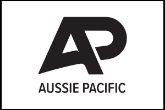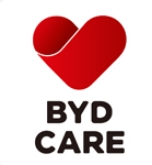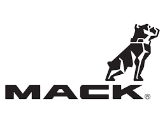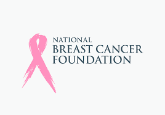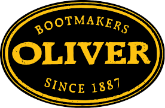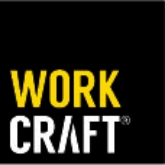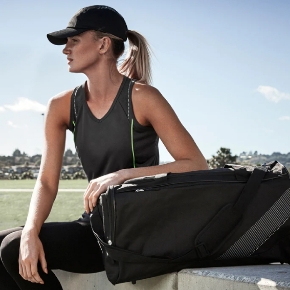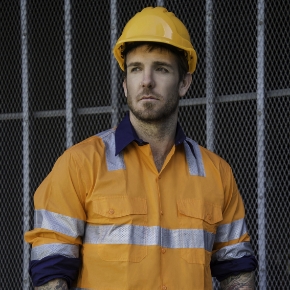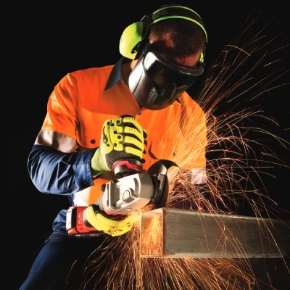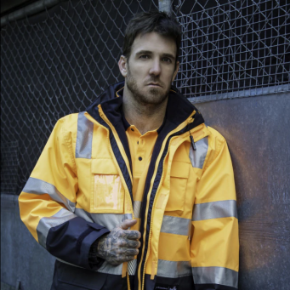NSW: new strategy to prevent sexual harassment at work
The strategy will be led by the new SafeWork NSW Respect at Work Taskforce – one of the first Australian WHS regulators to establish a dedicated team focused on addressing gender-based harmful workplace behaviours.
Through the strategy, SafeWork NSW will educate NSW businesses on their duties to prevent and respond to workplace sexual harassment before it occurs and take appropriate enforcement action to protect NSW workers.
The strategy said sexual harassment is a WHS hazard because it creates risks to workplace health and safety and can lead to psychological (mental) or physical harm – also known as a psychosocial hazard.
Under NSW WHS laws, a person conducting a business or undertaking (business) must ensure, so far as reasonably practicable, the health and safety of workers. This includes taking steps to eliminate or minimise the risk of sexual harassment.
To do this, the strategy said businesses must take a proactive, preventive approach also known as a ‘positive’ duty.
“It requires more than addressing the individual harmful behaviours. It also requires reducing gender inequality and addressing the underlying causes and contributing workplace factors known to increase the risk of sexual harassment occurring,” the strategy said.
It is supported by a government website with resources for workers and businesses on how they can help prevent sexual harassment in their workplaces and what they can do if they experience workplace sexual harassment.
“Workplace sexual harassment is unacceptably common with one in three Australians in the past five years reporting experiencing it, and affecting 41 per cent of women and 26 per cent of men,” said the head of SafeWork NSW, Trent Curtin.
“Everyone deserves to have a workplace which is free from bullying, harassment and all forms of discrimination. Through this strategy, SafeWork NSW will help equip NSW businesses to create safer and respectful workplaces.”
The SafeWork NSW Respect at Work Taskforce and the NSW Government’s Centre for Work Health and Safety have invested in a research project about evidence-based and prevention-led interventions to address workplace sexual harassment
The project is a collaboration between the Respect at Work Taskforce, the Centre for Work Health and Safety, RMIT University and The University of Newcastle.
Originally published by Australian Institute of Health & Safety (AIHS) 10.2023




